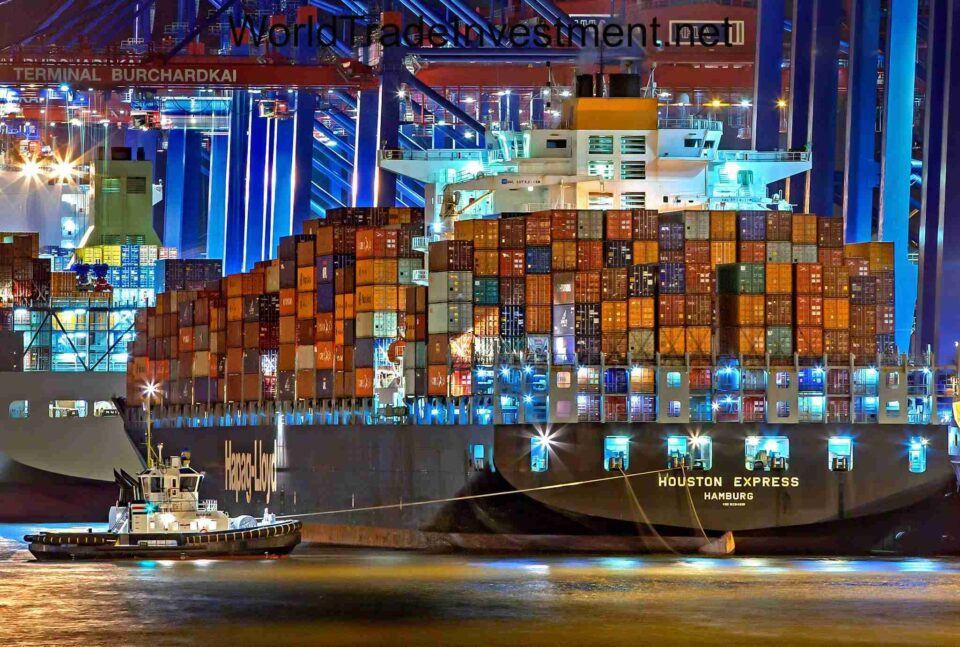China’s Merchandise Trade Surplus: Enduring Trend or Shifting Landscape?
China has been a global trade powerhouse for decades, consistently recording merchandise trade surpluses. This means the value of goods China exports exceeds the value of goods it imports. While this may seem like a positive indicator on the surface, the reasons behind the surplus and its long-term implications are more complex.
Enduring Trend:
- Manufacturing Hub: China’s robust manufacturing sector allows it to produce goods at a competitive cost, making its exports attractive in the global market.
- Export-Oriented Economy: China’s economic policies have historically prioritized exports, leading to a strong focus on production and infrastructure development geared towards international trade.
Recent Developments:
- Record Surplus: In 2022, China’s trade surplus reached a record high of $876.9 billion, driven by rising export demand and sluggish import growth.
- Shifting Dynamics: However, some analysts argue that the high surplus might not be entirely positive. Weak import growth could indicate a slowdown in domestic consumption, a key driver for future economic growth.
Looking Ahead:
- Sustainability: The long-term sustainability of China’s trade surplus is a subject of debate. Some argue that relying heavily on exports can leave the economy vulnerable to external shocks.
- Rebalancing Act: China’s government is taking steps to rebalance its trade by encouraging domestic consumption and reducing reliance on exports.
Understanding the Nuances:
A trade surplus isn’t inherently negative. However, the reasons behind it and its impact on other economic factors need to be considered. China’s continued trade surplus is a story with evolving chapters, and future developments will depend on its ability to foster a more balanced and sustainable trade landscape.




